
Aside from what business you actually plan to do, arguably the most important decision you have to make about your start-up isn't your company name, logo design, or location, but its legal structure.
This will affect major aspects of your venture like the liability you face and the income you'll earn. Because of this, choosing your business structure is not a decision that you make offhandedly.
Types of Companies: Choose Your Business Structure Strategically
To help you through the process, we've outlined the types of structures you can choose from and some of the factors you need to consider when deciding your business structure.
Forms of business
Here are the most common forms of businesses:
Sole proprietorship
This is the most common form of business. As its name suggests, a sole proprietorship is owned and operated by one person. It's easy to establish, gives total control to the owner and has no legal difference between the business and the owner.
Partnership
Partnerships are a form of business where two or more people work together, pool resources and share in profits and losses. Partnerships do not assume the tax burden of revenues, while the losses are passed on to the partners, who will then report them on their own tax returns. However, partners are legally responsible for the financial commitments of the company.
Corporation
Formed to engage in business, corporations are owned by stockholders who share in the company's profits and losses. Because of this, a corporation becomes an entity separate from its founders. It's taxed like an individual and held accountable for its dealings, keeping the owners from being personally liable. The main disadvantage of corporations is the cost to form it and the amount of administration it needs.
Limited Liability Company (LLC)
LLCs combine a corporation's limited liability and a sole proprietorship/partnership's single taxation. What's great about LLCs is that its profits and tax benefits are divided through any means that the stockholders want. Stockholders file their own tax returns individually and are protected from personal liability.
If you prefer to have an LLC service provider set it up for you, consider these factors to verify whether a company is qualified.
Factors to consider in choice of business structure
Before making your choice, you first need to think about a few concerns that would directly affect your start-up. These include the following:
Liability protection
When deciding what form your business will take, think about the degree of protection you want from legal liability. Also consider if your business has a propensity for possible liability, and if you think you can handle the possibility of that liability. Many business owners are said to choose corporations to protect personal assets so that in case of a lawsuit, no one can seize them.
Sole proprietorships have no liability protection, while partnerships are an even bigger risk because your assets are at stake for whatever your partner does. LLCs and corporations have better liability protection because they are considered distinct legal entities.
Appreciation of business assets
Do you have business assets like land that would increase in value over time? If so, corporations might not be a good choice because when such businesses are liquidated, all assets are distributed to the owners, and then the profits from appreciated assets become taxable to you as an individual. An LLC treats business assets as personal assets, so when the business liquidates, there will be no distribution to other owners. There would also be no personal taxes until you actually sell the asset.
Active and passive income
Active income is your salary for performing job-related tasks, while passive income is the amount you receive from royalties, dividends, or rental that you didn't earn from doing job-related tasks. Aside from obvious differences, active income is also subject to employment taxes (among other deductibles) while passive income isn't.
The problem with LLCs is that with it, there's no difference between passive and active income; this causes you to pay more when it comes to employment tax. For example, if your start-up's income before taxes is $50,000 and your salary is $35,000, you would have to pay taxes for the entire $50,000 even if anything above your salary is passive income--even if you put the passive income in the business. Corporations, on the other hand, identify the $15,000 as passive income so you only pay employment taxes for your $35,000 salary.
Record keeping
Administration and record keeping of a corporation is no joke. Many business owners are said to choose simpler business forms because handling administrative concerns consumes so much time and energy, keeping the owners from focusing on the business. So unless you're gaining many benefits when it comes to taxation or liability protection, stick to simpler business forms like sole proprietorships or partnerships.
Future considerations
Think about what will happen to the business in the future, like if you're no longer around. A sole proprietorship would end when the owner passes away, while a corporation may be continued by family or friends.

Aleksander Shushin is a legal consultant at Law&Trust, expert in company formation services and legal solutions for your business.







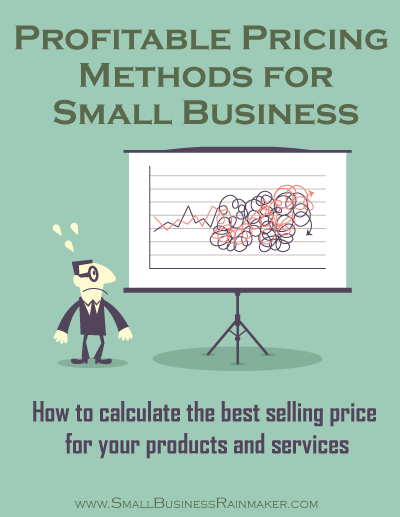
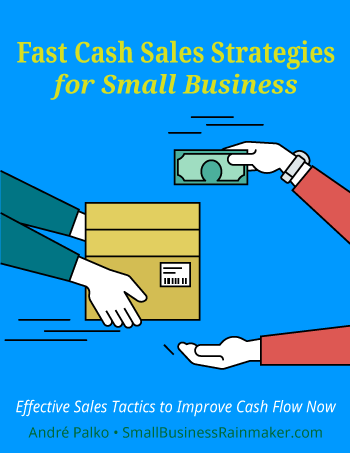
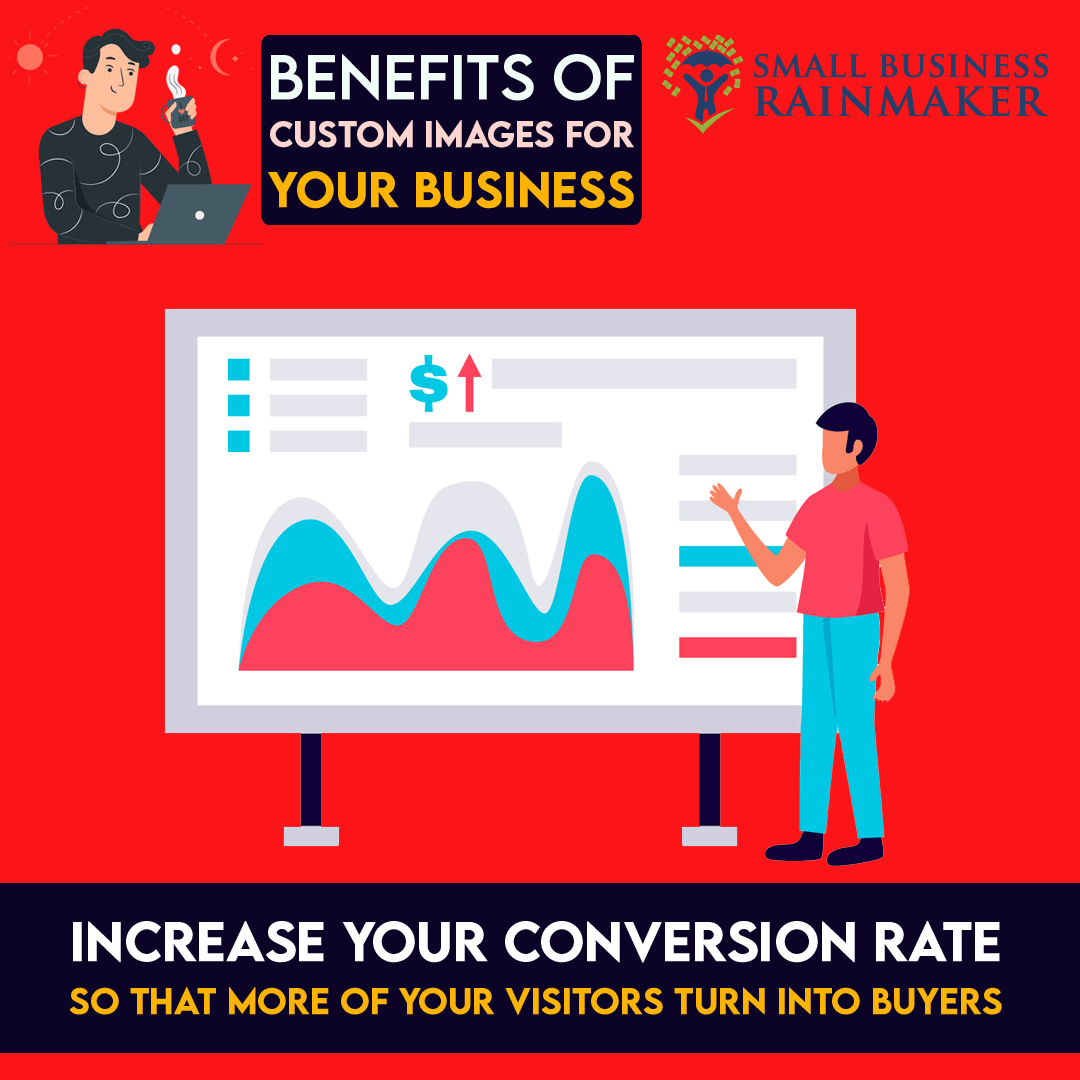
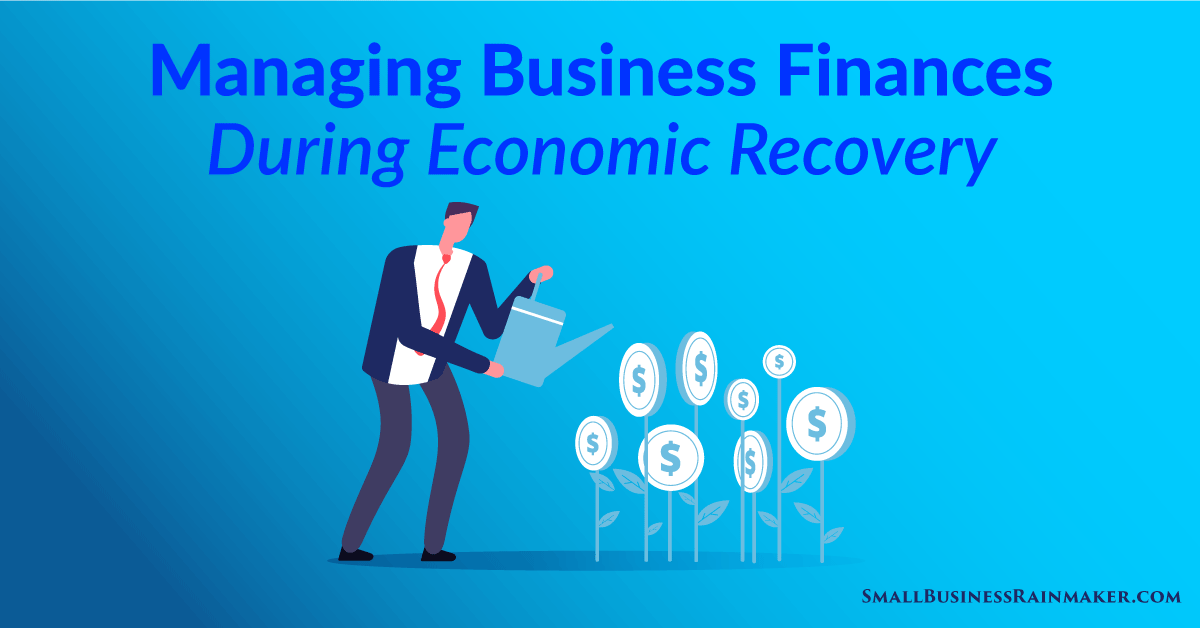


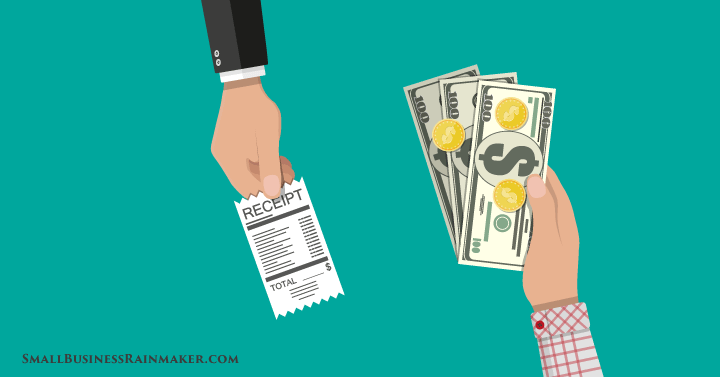


Leave a comment